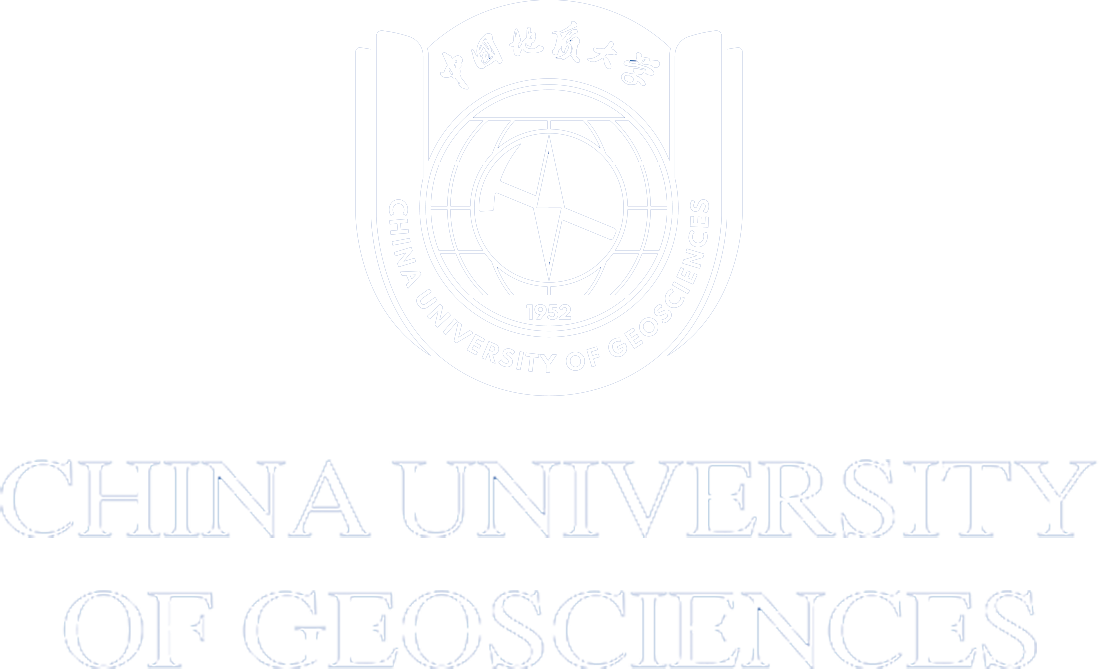The School of Ocean Sciences was established in December 2004. It is one of the newest departments of the China University of Geosciences (Beijing) (CUGB) and is the only ocean-related department among more than 70 public colleges and universities in Beijing. The university had already established an Institute of Marine Geology and Geophysics, which provided the foundation for the establishment of the School of Ocean Sciences. However, the institute, or "center", is different from the School of Ocean Sciences in nature, and it still exists and continues to play a separate role. The school has an undergraduate major in Marine Science, with Marine Geology and Solid Mineral Resources, Offshore Oil and Gas (including natural gas hydrate) Resources, Coastal Environment and Resources, and Marine Organism and Ecology as the main professional directions for training students. At higher cultural levels, the school has a first-level discipline post-doctoral station for Marine Science, a first-level discipline doctoral station for Marine Science and two master’s stations for Marine Geology and Marine Chemistry. Of these, the Marine Geology doctoral station is a provincial and ministerial key discipline. In addition, in 2008, approval was obtained for the establishment of a key inter-discipline of Offshore Resources and Environment in Beijing. There are 233 undergraduates and 197 postgraduate students.
Teaching and research in Marine Geoscience are centered on marine geology, marine geophysics, marine geochemistry, marine geological resources, and related exploration technologies, which form the essential direction and features of marine discipline construction in CUGB. Supported by CUGB's traditional advantages and solid foundation in the field of earth sciences, discipline construction and talent training have developed rapidly. The school has developed particular characteristics and prominence in marine gas hydrates, submarine seismic stratigraphy and sequence stratigraphy, deep sea sedimentology, continental margin tectonic evolution, ocean ridge and subduction zone geology, seabed solid minerals, marine micropaleontology, paleoceanography and past global change, and other basic research fields. In response to the needs of Chinese society and the development of the national economy, the school has increased investment and achieved excellent initial results in surveying and exploration for marine oil and gas resources, coastal environment and resource evaluation, and deep-sea cold spring biological community survey, etc. In striving to promote marine geosciences and to integrate closely with geological issues, discipline construction in the school also extends to chemical oceanography, biological oceanography, environmental oceanography, and other subdisciplines.
With the school as the core, CUGB has jointly established a number of units in cooperation with other institutions, such as the Marine Gas Hydrate Exploration and Development Technology Research Center, which is jointly operated with the Guangzhou Marine Geological Survey. The school has excellent cooperative relationships with the Guangzhou Marine Geological Survey, the Qingdao Institute of Marine Geology, the Tianjin Geology and Mineral Center, the First, Second, and Third Institutes of the State Oceanic Administration, the Institute of Oceanography, the Institute of Geography of the Chinese Academy of Sciences, and other marine-related peer colleges. Close academic links have also been established with international organizations such as IODF, IMAGES, and InterRidge, as well as universities and research institutes in the United States, Germany, France, Japan, Britain, Norway, and Australia.
More than 30 personnel from the school have participated in geological surveys and global surveys involving the scientific research vessels J. Resolution, Chikyu, Marion Dufresgne, Sonne, Ocean No. 1, Ocean No. 4, Qiongsha No. 3, and others in locations around the globe, including the equatorial western Pacific, northeast Pacific, southwest Indian Ocean, North Atlantic and Arctic Oceans, as well as in the China sea, the Sea of Okhotsk, the Sea of Japan, the South China Sea of Japan, the Norwegian Sea, etc. In addition, dozens of personnel have participated in island and coastal zone surveys in the Xisha Islands, the Leizhou Peninsula, the Tianjin Binhai New Area, the Yangtze River Estuary, the Pearl River Estuary, the Liaohe River, etc.
Marine science is an important component of earth sciences, and the 21st century is the century of the ocean. CUGB and its predecessor, the Beijing Institute of Geology, have had a passionate interest in the oceans for half a century. The older generation of scholars, such as Liu Guangding, Hao Yichun, and Mo Xuanxue, pioneered the rise of CUGB’s marine disciplines. Leaders and experts both within and beyond CUGB, and teachers and students from the university, have focused on, supported, and guided university staff and students in their exploration of the seas in various ways, realizing the dream of the sea. History will prove that the oceans will bring us new hope. For the young School of Ocean Sciences, the research path and objectives of the teachers and students have already led them out upon a vast sea under wide skies. Blue water and strong winds will continue to temper and lead CUGBers to accept the blessings of the sea and set sail with confidence towards a rich future.




 Address
Address
 E-Mail
E-Mail
 Telephone
Telephone